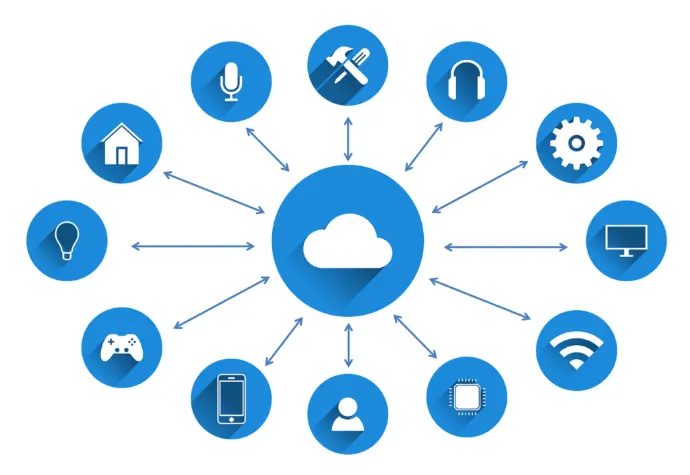Product

1. Power System Monitoring
2. Environment Monitoring
3. Vibration Monitoring
4. Site Access Management Monitoring
5. Data Centre Infrastructure Management
6. Ais (Automatic Identification System)
- Connectivity:
IoT connects a wide range of devices to the internet, allowing them to communicate and share data. - Data Collection and Exchange:
Devices are equipped with sensors that collect data about their surroundings or their own status, and this data can be transmitted to other devices or systems for analysis and action. - Automation and Efficiency:
IoT enables automation and increased efficiency by allowing devices to interact with each other and with users based on collected data and pre-defined rules. - Examples:
IoT encompasses a wide variety of applications, including smart homes (e.g., smart thermostats, lighting, appliances), wearable devices (e.g., fitness trackers, smartwatches), industrial automation, connected cars, and more. - Key Components:
IoT systems typically involve sensors, networks, data processing (often using cloud computing and AI), and user interfaces for interaction. - Growing Ecosystem:
The number of IoT devices is rapidly increasing, with predictions estimating billions of devices connected by 2025 and beyond.
